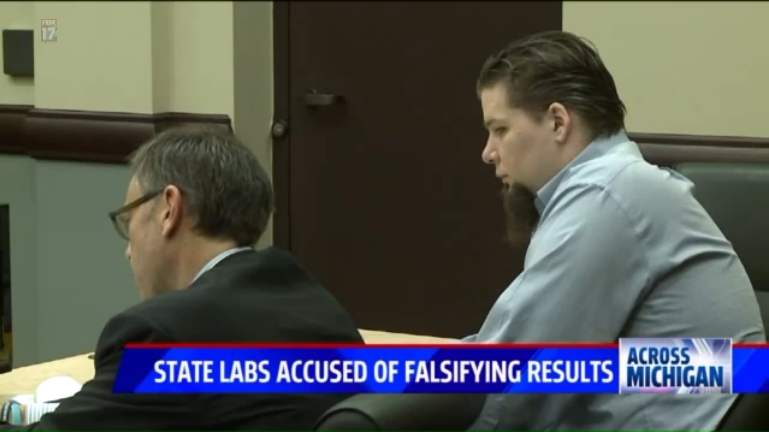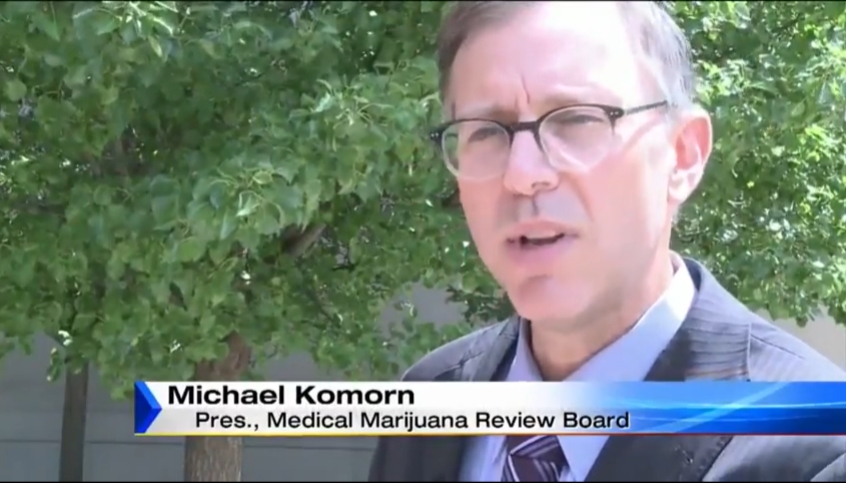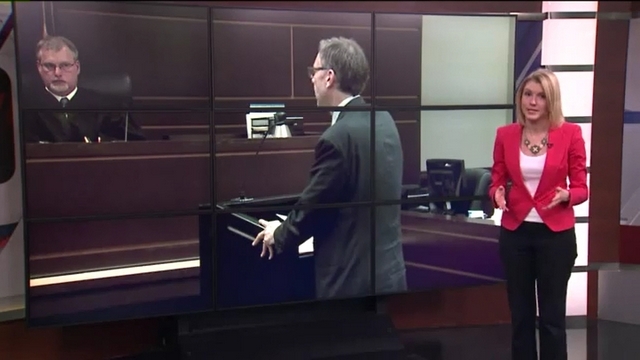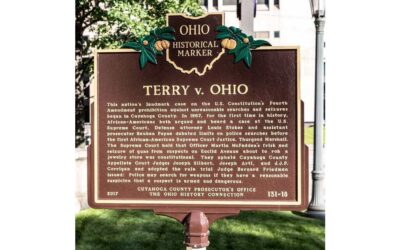Are Newspapers Still the Town Crier in a Digital Age?
Examining Michigan’s Act 247 and the Publication of Notices
In today’s rapidly evolving digital landscape, the role of traditional media like newspapers is constantly under scrutiny. Yet, in Michigan, a 1963 law, Act 247, still mandates the publication of certain legal notices in newspapers. This blog delves into the intricacies of Act 247 and its continued relevance in the 21st century.
Act 247: A Legacy of Public Awareness
Enacted in 1963, Act 247 governs the publication of legal notices in newspapers within the state of Michigan. These notices encompass a wide range of official matters, including:
- Public hearings: Announcements of public hearings regarding zoning changes, construction projects, and other issues affecting local communities.
- Estate matters: Probate notices, notifications of creditors, and changes in estate administration.
- Tax information: Delinquent property tax notices, public auctions, and changes in tax rates.
- Election information: Dates, deadlines, and candidate qualifications for upcoming elections.
- Business formation: Notices of business incorporation, mergers, and dissolutions.
The rationale behind Act 247 is rooted in the principle of public access to information. Newspapers, with their widespread circulation and historical role as community hubs, were seen as the most effective means to ensure that all citizens were aware of important legal proceedings and decisions impacting their lives.
Have you been charged with a crime?
Have your rights been violated?
Have your driving priviledges been revoked?
Has your professional license been suspended?
Call our office to see if we can help
Komorn Law 248-357-2550
The Digital Dilemma: Is Print Still King?
However, the digital revolution has challenged the primacy of newspapers. Online news platforms and social media have emerged as powerful alternatives for disseminating information.
Critics argue that relying on print publications for legal notices is outdated and inefficient, potentially excluding those who don’t regularly read newspapers or have limited internet access.
Furthermore, the cost of publishing legal notices in newspapers can be significant, especially for small businesses and individuals.
This raises concerns about accessibility and affordability, particularly for marginalized communities who do not have the desire to read a newspaper.
Finding a Balance: The Future of Legal Notices
Despite these challenges, Act 247 continues to hold value. Newspapers, with their established legal framework and editorial standards, offer a level of authenticity and accountability that online platforms may not always provide. Additionally, many local newspapers maintain strong ties to their communities, ensuring wider reach than solely online platforms.
Moving forward, the key lies in finding a balance between tradition and innovation. Exploring alternative publication methods, such as online government portals or designated community notice boards, could improve accessibility and reduce costs. However, it’s crucial to ensure these alternatives are equally reliable and reach the intended audiences.
The debate surrounding Act 247 and the publication of legal notices in newspapers reflects a broader conversation about the evolving role of traditional media in a digital age. While embracing new technologies is essential, it’s equally important to recognize the strengths and value of established systems like newspapers. Finding a way to leverage both the reach of the digital world and the reliability of traditional media can ensure that all citizens have access to the information they need to participate actively in their communities.
Here’s the Michigan Law (Link)
Act 247 of 1963
691.1051 Newspaper; definition; publication of notices; duties of newspaper operator.
Sec. 1.
More Posts

Drug felonies without credible proof? — Allegations of politicking in state police crime labs
GRAND RAPIDS, Mich. – First on FOX 17, we broke serious allegations that state police crime labs are being told to falsely report marijuana test results. This is resulting in misleading lab reports that an attorney claims creates felonies without real proof. ...

Attorney: Crime labs ‘falsified’ marijuana reports
A Southfield lawyer alleges the Michigan State Police crime labs have “falsified lab reports on marijuana statewide” and he’s asking a judge to dismisses charges lodged against a client. Michael Komorn, who also represents defendants in Livingston County, said...

Hearing in alleged false crime lab marijuana reporting dropped this week
OTTAWA COUNTY, Mich. – The evidentiary hearing originally set for Nov. 5 has been dropped in the case involving a medical marijuana patient charged with a disputed felony for synthetic THC, the psychoactive ingredient in marijuana. The Ottawa County Assistant...

“A non-stop political game:” Former MSP Forensic Science director on false marijuana reporting …
DEWITT, Mich. – A former director of Michigan State Police Forensic Science addressed the serious allegations FOX 17 uncovered, which accuse the Attorney General’s office and state prosecutors of influencing state police crime labs to falsely report marijuana;...

Michigan’s medical marijuana law circumvented by crime labs’ THC reports, attorney charges
Posted on MLive 10/30/15 OTTAWA COUNTY, MI – An attorney claims prosecutors pressured state police crime labs to change the way THC, the active ingredient in marijuana, is reported in an effort to circumvent Michigan's medical marijuana law. Michael...

Medical-Marijuana Patient Alleges Prosecutors Swayed Crime Lab Drug Tests
Fri, 10/30/2015 - 4:11pm A Michigan medical-marijuana patient claims in court papers that state police crime labs are bending to pressure from prosecutors in analyzing marijuana samples, leading to harsher punishments. Maxwell Lorincz, 35, was originally...

Allegations: MSP falsely reporting marijuana, targeting card-carrying patients
SPRING LAKE, Mich. – The defense representing a Spring Lake father facing a felony marijuana charge is accusing Michigan State Police Forensic Science Division crime labs of misreporting marijuana intentionally. It’s an allegation with statewide implications. ...

When Being Hated…Is Revered
By Attorney Michael Komorn " Lieutenant, this lawyer is a pain in the ass, I can't stand him, I really hate him" This was my client's observation of the prosecutor after exiting the conference room she and I had been in for over an hour discussing and...

Lawyer slams decision to deny cannabis to autistic kids
"Allowing medical marijuana for those with autism was supposed to be the clinical trial," Komorn said. "Instead, we're going to have criminal trials." Lawyer slams decision to deny cannabis to autistic kids The Detroit News Article August 28, 2015 - Lansing —...

Father fighting to use medical marijuana concentrates
April 23, 2015 - In Western Michigan yet another Michigan Medical Marijuana patient is fighting for his freedom in a system of confusing laws. He is also fighting for the right to see his child all while the State of Michigan possibly destroys his family and...








